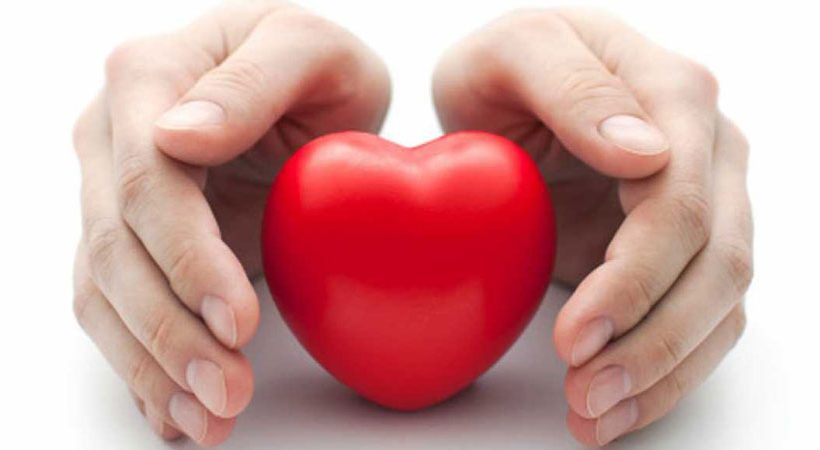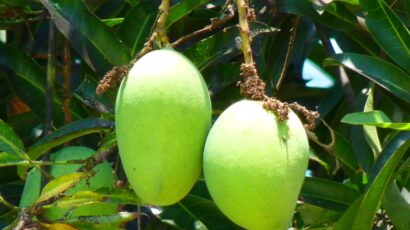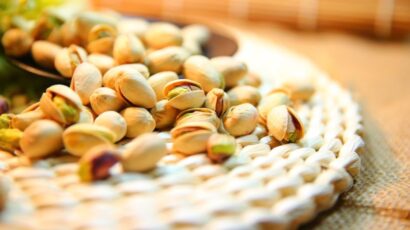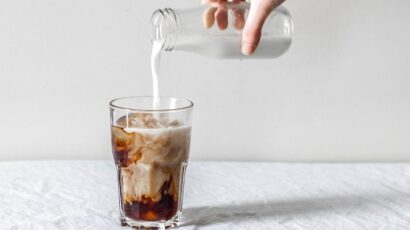Cholesterol Management in Ayurveda

Modern medicine indeed has developed quite a lot in the past decades and it is indeed quite appreciable. But unlike modern medicine, Ayurveda possesses some holistic and natural remedies for quite a lot of ailments without any side-effects or after-effects. With the modern food style and choices, cholesterol has now become a common concern and Ayurveda has some effective ways to control this situation. Apart from diet, exercise and medication, it includes some unique and authentic approaches like massage, vasthi, pancha karma etc.
According to Ayurveda, diseases occur when we become insensitive towards our body. Ayurveda also explains diseases in terms of the energy that is accumulated in the body. When one approaches one’s own body carelessly, energy accumulated in the body through various processes does not burn out and this subsequently creates ailments.
Cholesterol is a wax like fat substance which the body produces on itself and also receives from the food we eat. Cholesterol is a vital substance of the cell membrane in our body and it is also an essential component for the facile working of nervous system and also in the synthesis of Vitamin A, E, D, K and other hormones. Moreover, it helps in the smooth running of the body metabolism. Even though it is an essential component of a healthy body, cholesterol is equally capable of making troubles and concerns. In fact, high cholesterol accumulated in our body is the main reason of life style diseases. Lack of exercise and unhealthy food habits are the main reasons for the accumulation of cholesterol in our body.
Types of Cholesterols
Cholesterol can be classified as good, bad and triglycerides. Good or High density lipoprotein is essential for almost all the vital functions of our body. It is also known as unsaturated cholesterol. At the same time, low density lipoprotein and triglycerides (known as saturated cholesterol) are capable of causing many health issues including heart diseases. Lower density lipoprotein can cause sudden blood clots in the artery. So a food habit which includes more unsaturated cholesterol and less saturated cholesterol is advisable. Oats, whole grains, beans, eggplant, okra, nuts, vegetable oils, apples, grapes, strawberries, citrus fruits, foods fortified with sterols and stanols etc. will help in lowering the intake of saturated fat whereas foods that contain sugar and those which are sour carry more of triglycerides.
Ayurveda on cholesterol
According to Ayurveda, digestion, declension, evolution, absorption and secretion are the most important processes carried out in the body. Agni or fire coordinates all these processes and fire is synthesized from mercury, blood, flesh, fat, marrow, bone and sperm which are called the seven ores. All the muscles, joints and veins are surrounded by fat ore and it supplies a good amount of energy to the body. Energy is created by the decomposition of the fat ore after it is exposed to evolution. Every second, fat is exposed to evolution and changes its form with the help of Agni or fire. The ores acquired through foods are decomposed to different ores with the help of fire but when excessive ores, especially fat ore accumulates, fire becomes powerless to carry out this process and subsequently, the excessive fat is absorbed in to blood and becomes cholesterol. Once the fire in the fat becomes idle other ores also become inoperative and it causes other health problems. This is the reason why those with high cholesterol levels experience sexual problems. In men semen hormones and in women ovum hormones become impotent when cholesterol accumulates excessively.
Diet to control cholesterol
Many Ayurveda practitioners from Kerala recommend proper diet as a way out from cholesterol related difficulties. Some of them reiterate that controlling the intake of food is the best solution to reduce cholesterol rather than taking medicine regularly. Ayurveda recommends intake of food twice daily and that too in a limited quantity. Quantity here refers to foods that contain more vegetables and it should be taken only to fill half of the stomach. The rest would be filled with water. Intake of snacks devoid of oil and fat are acceptable if it is taken at regular intervals.
Intake of meat and similar food items at dinner should be avoided as there is a lack of physical activity at night and the foods that are consumed during dinner may not digest easily and may lead to accumulation of cholesterol over time. It should also be noted that those who take up heavy physical work should have a different diet plan which is different from those who spend the whole day in front of the computer. Moreover, fiber rich foods, grains, fruits, vegetables will help the patients to reduce cholesterol. Cholesterol patients should avoid fried and refined foods and abstain from Dairy products except Low fat or skimmed milk. Curd being a heavy food item, it should not be included in dinner.
Treatment
Ayurveda would suggest food control and proper exercise to control cholesterol than having medications.
Usually, the Ayurveda practitioner prescribes some herbs according to the condition or grade of the cholesterol like gulgul, thriphala, chandraprabha tablets, panchachoornam etc. Unlike modern medicine Ayurveda offers some unique and effective practices in cholesterol management which reduce the fat and obesity and makes the patient healthy. This includes perspiring techniques, massage, Panchakarma treatment, Virechanam and Vasthi using different kinds of noble herbs.
Home remedies for Cholesterol
- Sugar, sour and salt intake must be reduced.
- Consume red grain than having white rice
- Water strained after boiling horse grain helps to reduce fat in the body.
- Brew made of Garlic, dried ginger and curry leaves is a good medicine to reduce cholesterol.
- Drinking the water boiled with hog weed or punarnava and red spiderling will help reduce cholesterol if taken twice daily
- Curry leaves with milk whey is a good remedy to reduce cholesterol
- Garlic with low fat milk is also effective in reducing fat.















